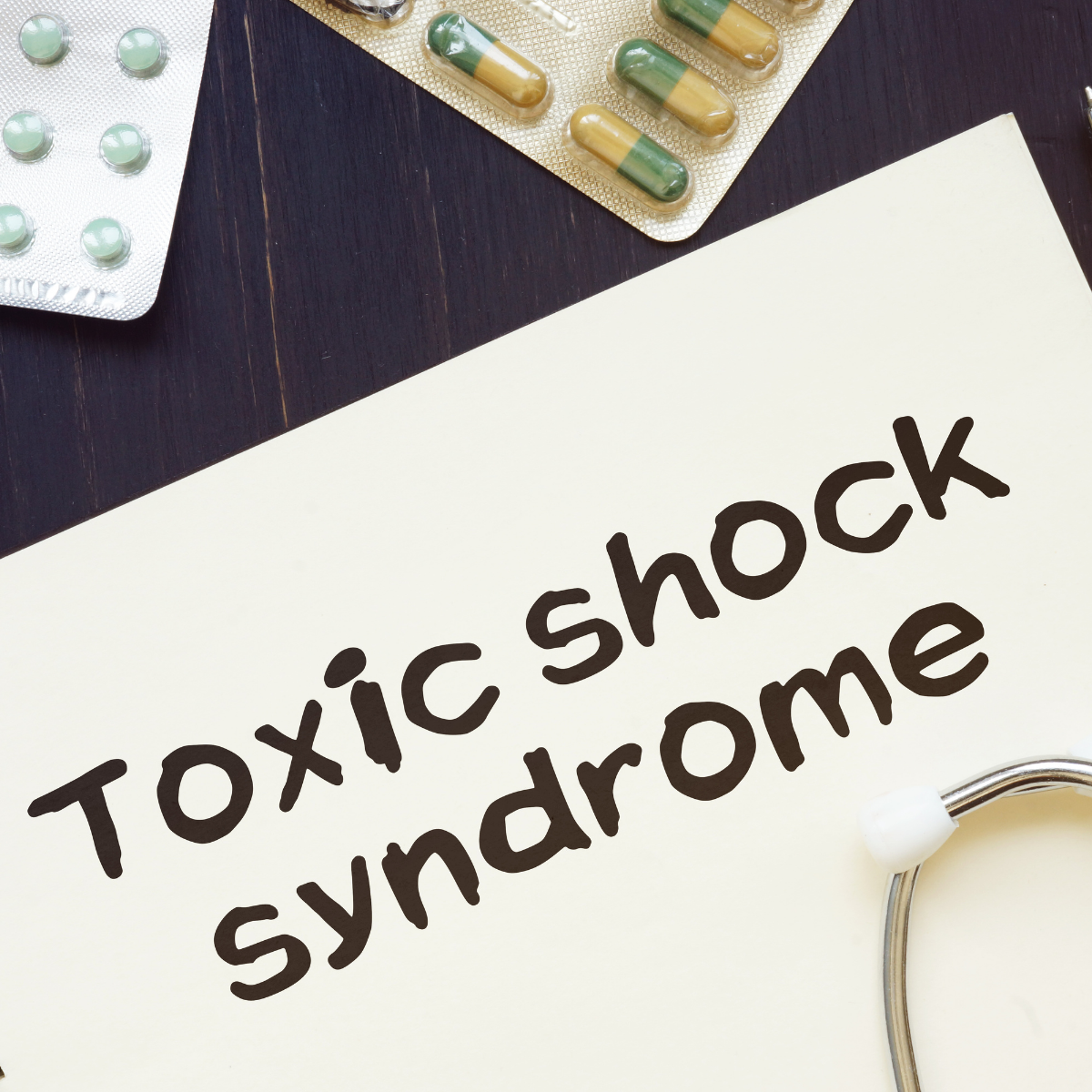Causes and risk factors
Infection particularly due to staphylococcus aureus and streptococcus pyogenes is the main causative factor for toxic shock syndrome. Use of super absorbent tampons, cervical diaphragms, cervical caps increases the risk; hence it is more commonly seen in menstruating women. Parturition period is the high risk period for contracting the infection. An individual after surgery during the recovery period, one who is using prosthetic devises alcoholics. Immuncompromised people, diabetic individual are more prone for such infections
Clinical presentation
The person complaints of increase in body temperature varying from mild to high grade. (≥ 103°F) Other associate symptoms like headache, body ache, shivering, chills and weakness, may be present. Decrease appetite or no appetite at all, diarrhea, dehydration, dullness and confusion and irritability are the other symptoms which are encountered. Appearance of rash on the body and convulsion are the other symptoms which can be seen in patients with toxic shock syndrome. The severity of infection leads the patient into multiple organ failure and shock which makes this condition a fatal one requiring prompt medical attention. Negligence for treatment and severity can lead to death.
Investigations
Diagnosis is done on the basis of the symptoms narrated by the patient along with certain investigations. Routine blood test, urine routine, blood cultures, cultures form discharges from vagina are the investigations of first choice. Certain other tests like ultrasonography, lumbar puncture, X-ray or MRI or CT scan can also be advised.
Treatment
Medications like antibiotics or gamma globulin are administered. In severe dehydrating conditions the patient is hospitalized and administration of intravenous fluid is recommended. Close monitoring and supportative care is needed.
Other modes of treatment:
Certain other modes of treatment can also be helpful in coping up the symptom. Taking into consideration the symptoms in holistic way, homoeopathy can offer a good aid for the relief of the symptoms. The Ayurvedic system of medicine which uses herbs and synthetic derivates can also be beneficial in combating the complaints.






























